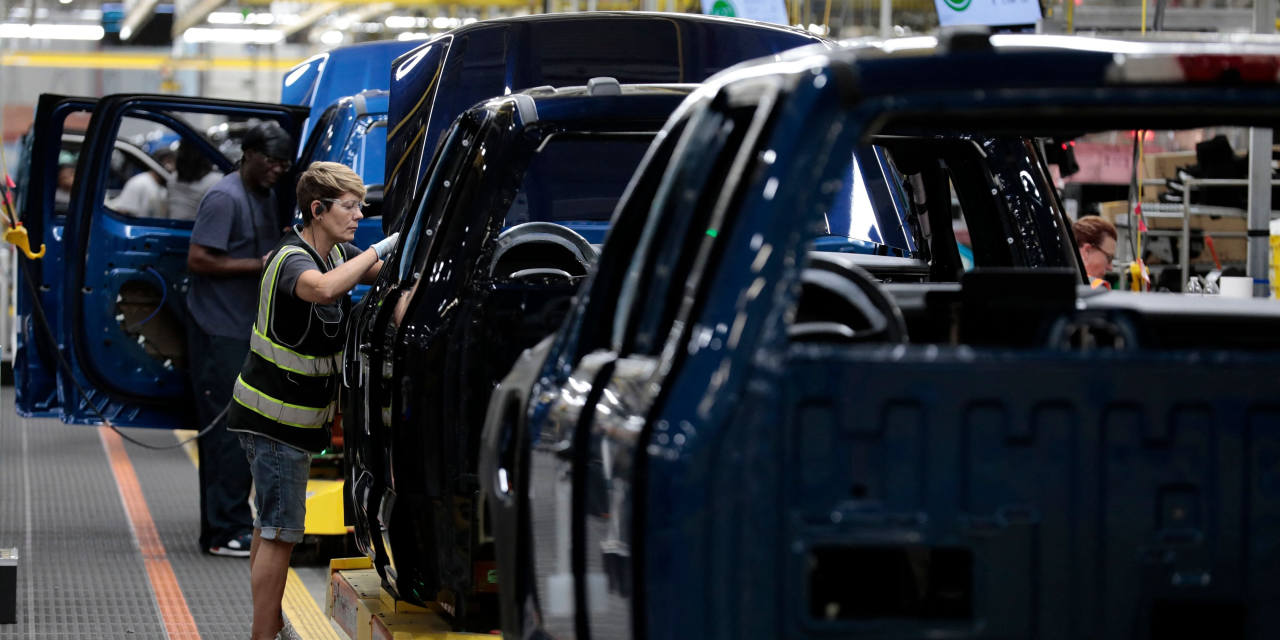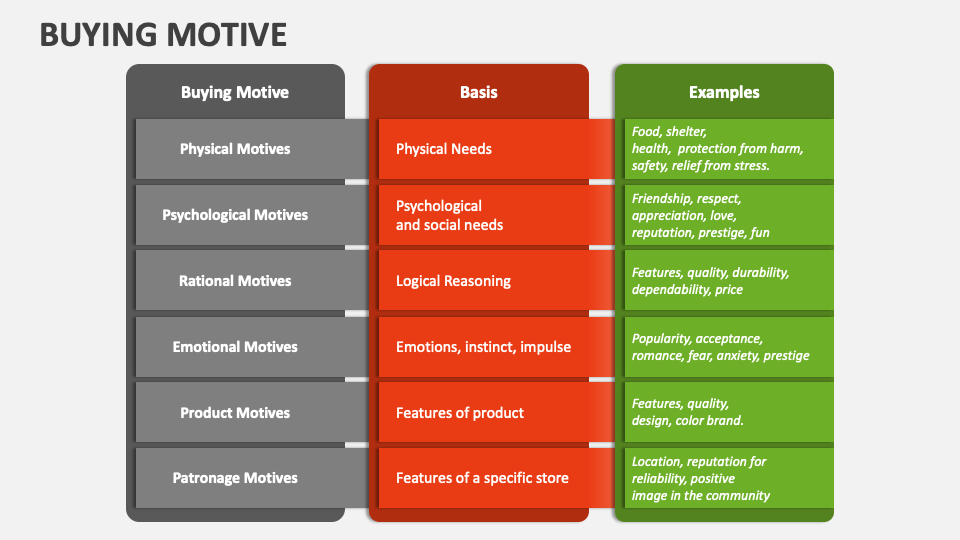Dealers Intensify Fight Against EV Sales Mandates

Table of Contents
Financial Viability Concerns of Dealerships
Dealerships are raising serious concerns about the financial viability of complying with EV sales mandates. The transition to EVs presents a significant financial hurdle, impacting profitability and potentially threatening the survival of many businesses. Key challenges include:
- High Upfront Investment: Adapting to EV sales requires substantial investments in new infrastructure. This includes installing expensive charging stations, acquiring specialized tools and equipment for EV maintenance and repair, and upgrading existing facilities to handle high-voltage systems. These costs can be prohibitive for many smaller dealerships.
- Lower Profit Margins: Currently, profit margins on EVs are generally lower than those on gasoline-powered vehicles. This is partly due to higher manufacturing costs and increased competition. This squeeze on profitability makes meeting EV sales quotas even more challenging.
- Inventory Management Challenges: The volatile nature of the EV market, coupled with supply chain disruptions and rapid technological advancements, makes inventory management a significant headache. Dealers face uncertainty in predicting demand and managing stock levels effectively.
- Training Expenses: Training sales staff and mechanics on the intricacies of EV technology and maintenance is another substantial cost. Specialized knowledge is essential for effective sales and service, demanding significant investment in training programs. The return on investment (ROI) for these training initiatives is uncertain given the current market conditions.
These financial pressures are causing significant anxiety within the dealership network, fueling their resistance to the mandates.
Consumer Demand and Market Readiness
Beyond the financial challenges, a key argument against the current EV sales mandates centers on market readiness. Many argue that the market isn't yet prepared for the aggressive targets set by government regulations. This is evidenced by:
- Limited Charging Infrastructure: The lack of widespread and reliable charging infrastructure remains a significant barrier to EV adoption. Range anxiety – the fear of running out of charge – is a major concern for potential EV buyers, hindering mass market acceptance.
- High Purchase Prices: The higher purchase prices of EVs compared to gasoline vehicles make them inaccessible to many consumers, limiting demand. While government incentives exist, they often aren't sufficient to bridge the affordability gap.
- Ineffective Government Incentives: The effectiveness of government incentives in stimulating EV adoption varies widely, often failing to offset the higher upfront costs or address range anxiety. Better-targeted incentives might improve market penetration.
- Negative Public Perception: Misinformation and misconceptions about EV technology, including charging times, range, and maintenance requirements, continue to hamper consumer adoption. Effective public education campaigns are needed to address these concerns.
Lobbying Efforts and Political Pressure
Faced with these challenges, dealership associations and industry groups are intensifying their lobbying efforts to influence policy. This includes:
- Legislative Action: Dealers are actively lobbying at both state and federal levels to amend or delay the implementation of EV sales mandates. This involves working with legislators to introduce bills that modify or repeal the mandates.
- Legal Challenges: Some groups have initiated legal challenges to the mandates, arguing they are unreasonable, economically unfeasible, and potentially unconstitutional. These legal battles are shaping the narrative and slowing down the implementation process.
- Political Alliances: Dealers are forming strategic alliances with other industry stakeholders and political groups to amplify their message and exert greater influence on policymakers.
Alternative Solutions and Compromise
Instead of outright opposition, many are suggesting alternative approaches that promote EV adoption without jeopardizing the financial stability of dealerships. These include:
- Phased Implementation: A gradual increase in EV sales targets over a longer timeframe would allow dealerships to adapt more smoothly, minimizing economic disruption.
- Flexible Targets: Mandates should be flexible and adjusted based on actual market conditions, consumer demand, and infrastructure development. A rigid, inflexible approach is unlikely to succeed.
- Increased Government Support: Greater government investment in EV charging infrastructure and consumer education campaigns is crucial for fostering market acceptance and mitigating range anxiety.
- Industry Collaboration: Open collaboration between the government, automakers, and dealerships is vital for developing effective strategies that benefit all stakeholders. A coordinated approach will be more successful than a fragmented, adversarial one.
Conclusion
The fight against EV sales mandates is far from over. Dealers' concerns about financial viability, consumer readiness, and the speed of the transition are legitimate and must be addressed. A balanced approach is needed – one that recognizes the urgency of transitioning to electric vehicles while also considering the economic realities faced by dealerships. Understanding these concerns is crucial for creating sustainable and effective policies that support both environmental goals and the economic health of the automotive industry. Join the conversation and advocate for responsible policy adjustments regarding EV sales mandates to ensure a fair and effective transition to a greener future.

Featured Posts
-
 Best Slides For Summer 2025 Buying Guide And Top Picks
Apr 30, 2025
Best Slides For Summer 2025 Buying Guide And Top Picks
Apr 30, 2025 -
 Miedzynarodowy Dzien Zwierzat Bezdomnych 4 Kwietnia Pomoz Zwierzetom
Apr 30, 2025
Miedzynarodowy Dzien Zwierzat Bezdomnych 4 Kwietnia Pomoz Zwierzetom
Apr 30, 2025 -
 How Healthy Is Asparagus Nutritional Benefits And Health Effects
Apr 30, 2025
How Healthy Is Asparagus Nutritional Benefits And Health Effects
Apr 30, 2025 -
 South Africa Ramaphosa Approves Commission On Apartheid Atrocities
Apr 30, 2025
South Africa Ramaphosa Approves Commission On Apartheid Atrocities
Apr 30, 2025 -
 Noa Argamani Former Hamas Hostage Named To Times 100 Most Influential
Apr 30, 2025
Noa Argamani Former Hamas Hostage Named To Times 100 Most Influential
Apr 30, 2025
